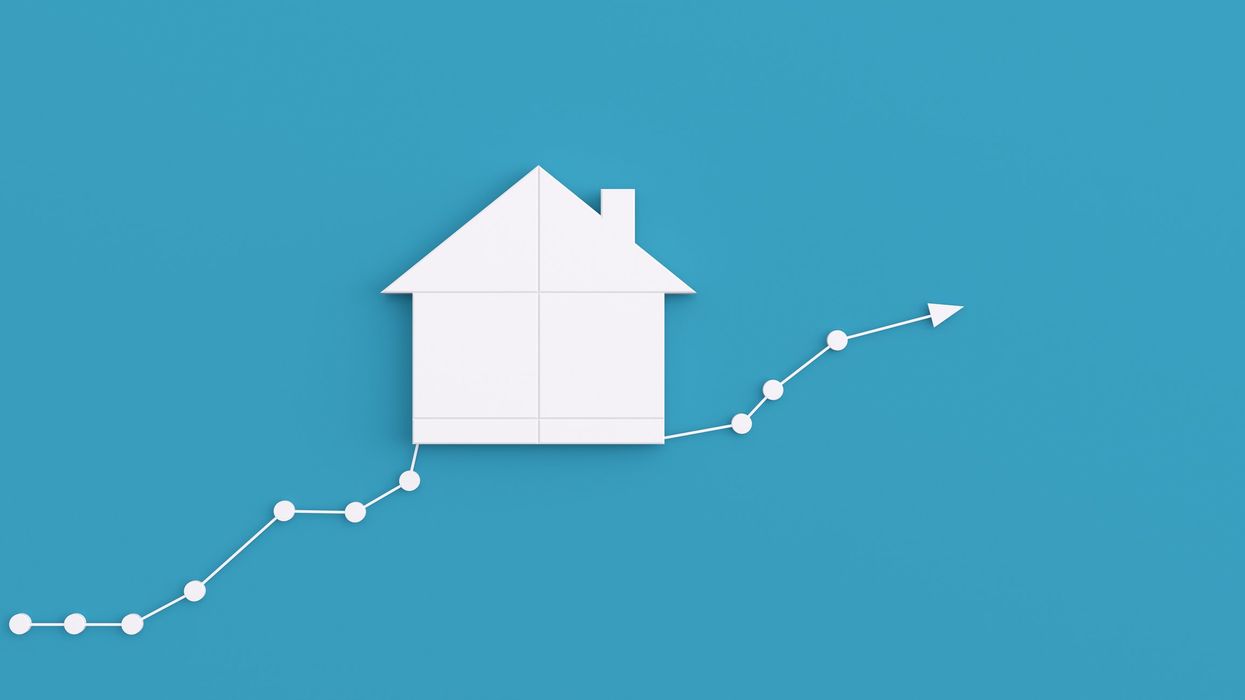Homeownership will be more expensive, and a major cause is President Trump’s new tariffs on building materials. With a 25% tariff on imported steel and aluminum taking effect this month, and potential new tariffs on lumber imports, the cost of new home construction and maintenance will rise. While these policies aim to protect certain American industries, they also threaten to make housing even less affordable for millions of Americans.
This February, Trump imposed a 25% tariff on imported steel and aluminum, and Canadian lumber imports are under consideration, which could lead to further tariffs. These actions are designed to boost U.S. manufacturing but will also increase costs for essential construction materials. Steel and aluminum—necessary for framing, roofing, and siding—will now be significantly more expensive, forcing builders to pass these costs onto homebuyers. Lumber, which Canada supplies in large quantities, could also become costlier if new tariffs are imposed. Other materials, such as nails, pipes, and insulation, may see price hikes due to supply chain disruptions.
These increased costs will put further strain on a housing market already struggling with affordability issues. As material prices rise, the cost of building new homes will increase, making homeownership more difficult, particularly for first-time buyers. At the same time, homeowners will also feel the effects when maintaining or upgrading their properties. Roof replacements, kitchen remodels, and essential repairs will become more expensive, and many homeowners may be forced to delay necessary maintenance, which could lead to long-term structural problems. Those in the lower- and middle-income brackets will be hit hardest, as they often lack the financial flexibility to absorb rising costs.
Beyond individual homeowners, these tariffs will have broader economic consequences. Higher construction and maintenance costs contribute to inflation, which could prompt the Federal Reserve to raise interest rates, making mortgages even less affordable. A slowdown in home sales and new construction would weaken the housing market and could lead to job losses in construction, real estate, and other related industries. The ripple effects will be felt throughout the economy.
Supporters of tariffs argue that they will strengthen domestic industries, create jobs, and reduce reliance on imports. Some economists believe tariffs provide necessary protection for U.S. workers against unfair global competition. Encouraging domestic production could also stabilize material costs in the long run, shielding the economy from fluctuations in international markets. The manufacturing sector contributes trillions of dollars to the U.S. economy, and proponents argue that protecting it is vital for long-term economic security.
However, the economic risks and trade-offs cannot be ignored. There are alternative policy approaches that could achieve similar goals without making housing less affordable. One option is targeted tariff exemptions for key housing materials, a measure the National Association of Home Builders has strongly advocated for. Certain items, such as Canadian softwood lumber, could be exempted to prevent steep price increases. Government subsidies or tax incentives could also support domestic steel, aluminum, and lumber production without imposing broad tariffs. Studies have shown that tax incentives, such as the Domestic Production Activities Deduction, have been effective in encouraging U.S. manufacturing growth. Additionally, increased investment in affordable housing programs could help offset rising costs. Expanding the Housing Choice Voucher program, for example, could provide financial relief to renters and low-income families struggling with higher housing expenses.
Trump’s tariffs on steel, aluminum, and potentially lumber will raise home construction and maintenance costs, worsening an already severe housing affordability crisis. While the goal of supporting domestic industries is understandable, these policies could have unintended consequences, including higher inflation and mortgage rates. A more targeted approach, combining limited tariffs with targeted exemptions and incentives, could better balance economic security with housing affordability. Without such adjustments, homeownership will slip further out of reach for millions of Americans.
Robert Cropf is a professor of political science at Saint Louis University.




















Trump & Hegseth gave Mark Kelly a huge 2028 gift